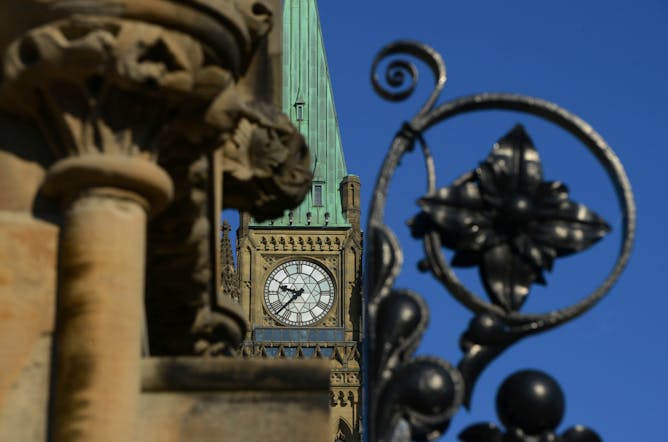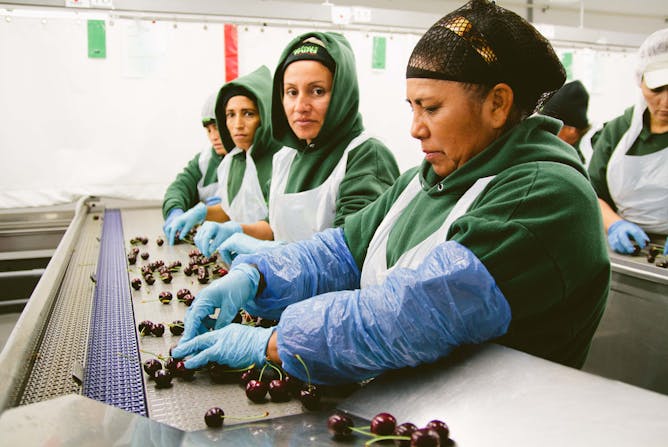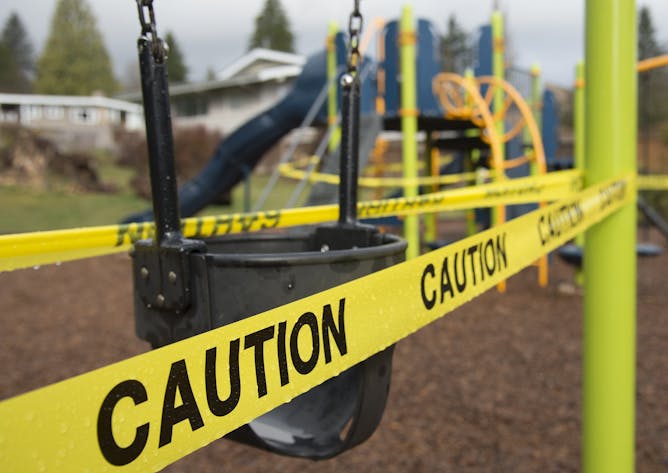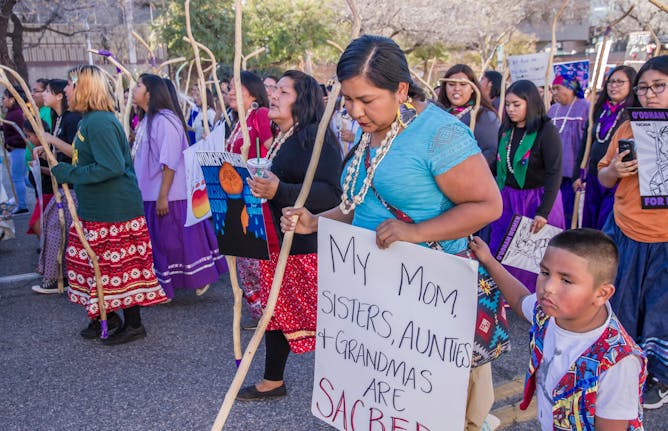European history offers clues on our post-pandemic world
|
|
As lockdown restrictions start to ease up, the question on everyone’s mind is what will happen now? History offers some clues.
Today in The Conversation Canada, Kriston Rennie of the Pontifical Institute of Mediaeval Studies at the University of Toronto looks at how cities across Europe handled waves of plagues from the Black Death onwards. From royal orders ensuring infected people had food during quarantine to landlords being forced to pardon or lower rent, it’s striking how similar the challenges - and the solutions - are to today’s coronavirus pandemic. We have the benefit of advanced science, but the cities of medieval Europe had plenty of practice.
Also today:
Regards,
|
Vicky Mochama
Culture, Society, Critical Race Editor
|

|
|
Coronavirus News
|

The squares of medieval European cities bore witness to the reopening of economies after plagues.
(Shutterstock)
Kriston R. Rennie, The University of Queensland
The cities of Europe experienced disease outbreaks but they were able to bounce back using quarantine, economic stimulus and patience but not all were successful.
|

Canada’s federal deficit has skyrocketed since the beginning of the coronavirus pandemic. How will Ottawa pay back the money its borrowed?
THE CANADIAN PRESS/Sean Kilpatrick
Patrick Leblond, L’Université d’Ottawa/University of Ottawa
Canada's federal deficit has ballooned as Ottawa spends billions in response to the coronavirus pandemic. An economist explains why the massive spending will not harm Canadians in the future.
|

Mexican migrant farmworkers sort cherries at one of Canada’s largest cherry orchards in British Columbia.
Elise Hjalmarson
Elise Hjalmarson, Graduate Institute – Institut de hautes études internationales et du développement (IHEID)
COVID-19 may not discriminate, but Canadian policy does. Income support during the pandemic must be extended to everyone, including migrant and undocumented workers.
|

An elderly woman looks out from Maison Herron, a long-term care home in the Montréal suburb of Dorval on April 12, 2020. Isolating people in facilities where they are at greater risk of contracting COVID-19 is a violation of their rights.
THE CANADIAN PRESS/Graham Hughes
Pearl Eliadis, McGill University
Civil liberties violations look very different in pandemics. That's why the Canadian Civil Liberties Association is looking into who has been detained and fined, and why, during the pandemic.
|

Caution tape is pictured surrounding a children’s play structure in North Vancouver, B.C., March 23, 2020.
THE CANADIAN PRESS/Jonathan Hayward
Christine Alden, University of Toronto
One father was fined for rollerblading with kids in a parking lot, while other families hit the cottage. Families' backyard or property status should not determine kids' right to outdoor play.
|

The coronavirus pandemic has fast-forwarded the functions and roles of robots and artificial intelligence.
(Shutterstock)
Amanda Turnbull, York University, Canada
Robots can't get COVID-19, so employing them in some jobs could help ease the limitations of stay-at-home orders and keep frontline workers protected.
|
Non-Coronavirus News
|

It’s critical to acknowledge that global health of women impacts the health of a nation. Here, Tohono O’odham women lead the Tucson 2019 Women’s March. The sign says: ‘My Mom, Sisters, Aunties and Grandmas are sacred.’
(Dulcey Lima/Unsplash)
Farah Shroff, University of British Columbia
Canada has a long tradition of exporting women's rights. Canada's current feminist approach to international assistance is one worthy of developing —and celebrating — this Mother's Day.
|

Lake Superior, the world’s largest freshwater lake, has more than 30 native species of fish and a long history of productive commercial and subsistence fisheries.
(Pexels)
Kristen Lowitt, Brandon University; Charles Z. Levkoe, Lakehead University
Local fish are almost impossible to find on the shelves of grocery stores in northern Ontario, even though the region has an abundance of fish.
|
La Conversation Canada
|

L'actrice porno Ginger Banks est présente sur le stand de Pornhub, lors de l'AVN Adult Entertainment Expo, le 24 janvier 2018, à Las Vegas. Le géant montréalais Pornhub a rendu gratuit son abonnement durant la pandémie.
AP Photo/John Locher
Dimitri M'Bama, Université de Montréal
En offrant la « gratuité » aux internautes, Pornhub ne fait rien d'autre que remplacer l'abonnement par une exploitation optimale des données qui pourrait devenir à terme son modèle privilégié.
|
| |
| |
| |
| |
| |
| |
|
|